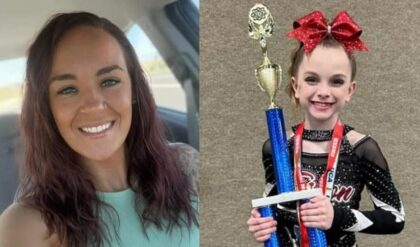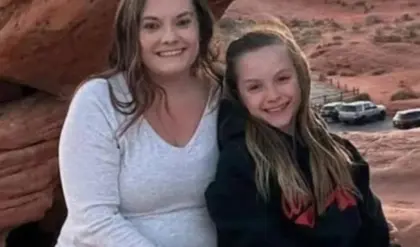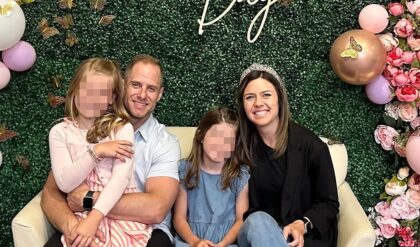The ending of the Netflix miniseries Baby Reindeer sees its protagonist Donald “Donny” Dunn (Richard Gadd) come full circle. Over seven episodes, the drama series explores Donny’s complex relationship with his stalker, Martha (Jessica Gunning), and its connection with other facets of his life. Written and created by Gadd himself, Baby Reindeer is based on a haunting true story of stalking and abuse he faced by a woman over four years, and is adapted from his solo stage production of the same name. It premiered on April 11, 2024, and is topping the Netflix charts globally.
Directed by Weronika Tofilska and Josephine Bornebusch, the Netflix crime show doesn’t present the stalking in black-and-white terms of victim and villain, but instead offers an honest, nuanced depiction of the psychology of both characters involved. Baby Reindeer follows Donny a struggling Scottish comedian and writer, who is reeling from a sexual assault. One day, when Martha enters his pub in tears, he offers her a cup of tea as a comforting gesture. This ostensibly benign act marks the beginning of several years of stalking and harassment, which has a catastrophic impact on Donny’s life.
Baby Reindeer’s Final Scene: The Free Drink & What It Means For Donny Explained
Has Donny Become Martha?
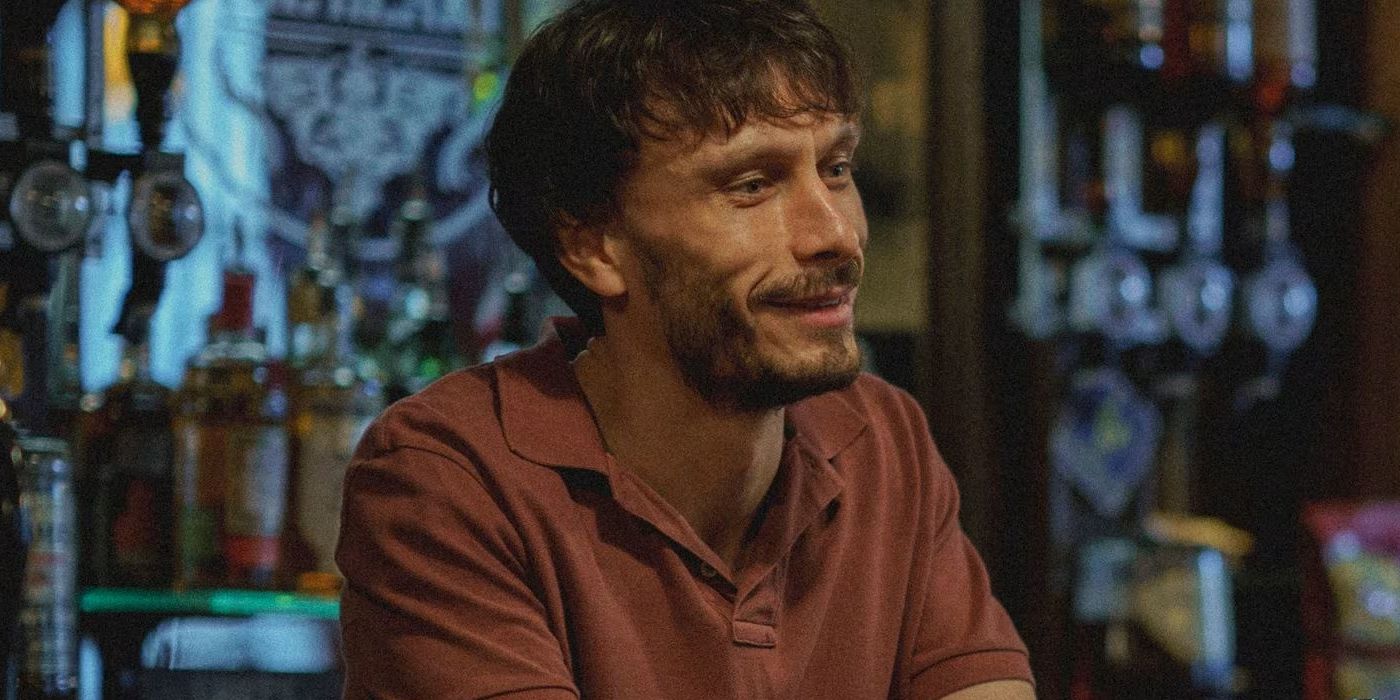
Baby Reindeer’s final scene sees Donny ordering a vodka Coke, perhaps in memory of Martha, who would always order a Diet Coke at his pub. However, he realizes he’s left his wallet at home. The bartender, a handsome red-headed man, looks at Donny with a similar mix of pity, sympathy, and compassion with which Donny looked at Martha when she’d first walked into his pub, and says, “Don’t worry about it. It’s on me.” Donny looks up at the bartender, moved by his kindness and generosity, but also with a possible hint of infatuation.
The show then cuts to black and the end credits roll, with Donny having come full circle and being in a similar position to Martha at the beginning of the series. This open ending could suggest that in relating to Martha and spending weeks obsessing over her voicemails and emotions, Donny has himself become like her: a messed up and mentally ill stalker. This ending would be in line with the series’ constant blurring of the lines between victim and perpetrator and its focus on the toxic dynamic between Donny and Martha, fueled by both their respective traumatic pasts.
This ending would be in line with the series’ constant blurring of the lines between victim and perpetrator and its focus on the toxic dynamic between Donny and Martha, fueled by both their respective traumatic pasts.
However, this ending could also signal Donny’s own growth and coming-of-age over the course of the show. He has confronted his sexual assault trauma, sharing it not only publicly but also with his parents. He has owned up to his mistakes and his own toxic patterns. So, perhaps he looks at the bartender with a profound sense of self-awareness about the fact that he’s in a similar position as Martha was, but that he has the power and agency to act differently, to demonstrate better judgment, and curb his worst potential impulses. It’s for the viewer to decide.
The Origin Of The “Baby Reindeer” Name Explained
It Reflects Martha’s Traumatic Childhood
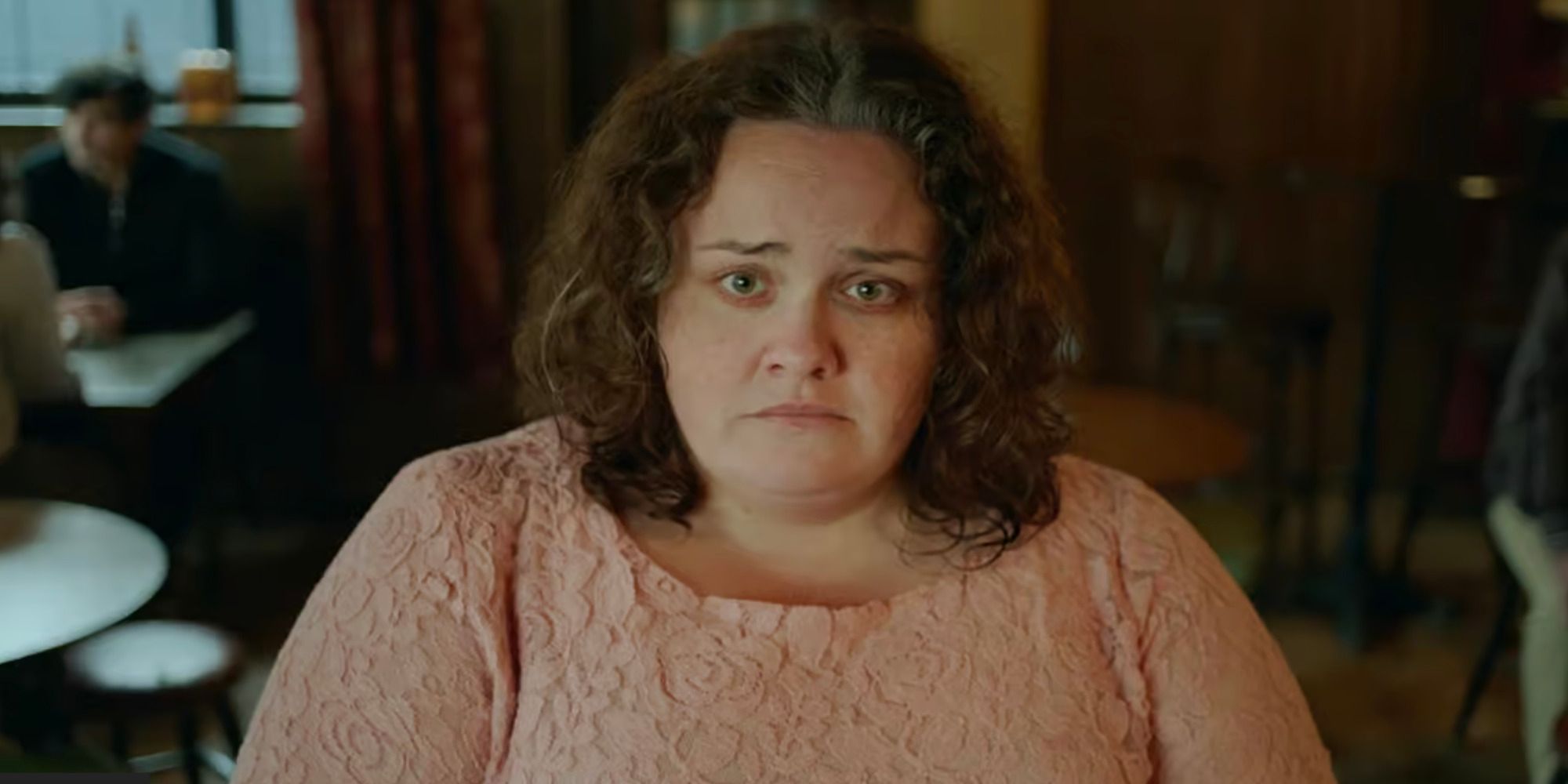
When Donny enters the pub in the final scene, he is listening to one of Martha’s voicemails, which he had coded as “complimentary,” as he continues to seek validation from her words. He then switches to the “Not listened to” category, where Martha shares the origin of the titular “Baby Reindeer” name and why she calls him that. She explains that as a child, she used to have a small, cuddly, fluffy baby reindeer toy – with “big lips, huge eyes, and a cute wee bum” – that she would carry everywhere and still has to this day.
Martha recalls an early childhood memory during Christmastime, a photograph of her sitting with the baby reindeer toy beside her, which she describes as the only good thing about her childhood. She would hug it every time her parents fought, which was very often, and would seek immense comfort in it. Donny reminds her of that baby reindeer, she says, with “the same nose, same eyes, same cute wee bum.” Donny’s eyes fill up as he hears this, and he begins to sob, as he gains a deeper insight into her childhood and the origins of her twisted psyche.
What Was Going On With Martha: Why She Isn’t A “Villain”
She is a Deeply Troubled Soul With A Mental Illness
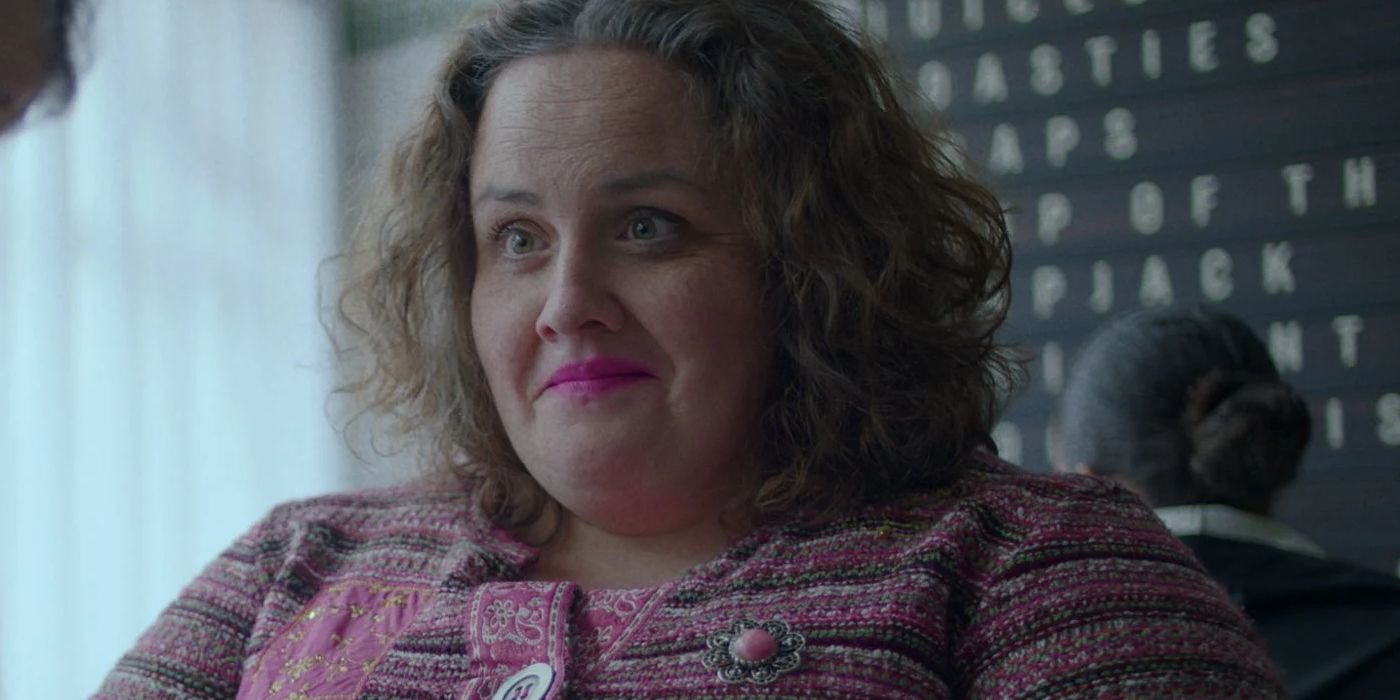
If the origin of the “Baby Reindeer” name is any indication, Martha is a deeply troubled soul who suffers from a traumatic childhood. The creator, Richard Gadd, has spoken extensively about how he thinks the real-life Martha is a victim rather than a villain, and should not be blamed. Gadd criticizes media depictions of stalking and stalkers, arguing that they’ve created unfounded stereotypes of a stalker as a shadowy figure lurking in the dark, when in reality it is often an acquaintance, coworker, or someone from a past relationship, wherein the existing intimacy and familiarity only complicates matters further.
Gadd criticizes media depictions of stalking and stalkers, arguing that they’ve created unfounded stereotypes of a stalker as a shadowy figure lurking in the dark, when in reality it is often an acquaintance, coworker, or someone from a past relationship, wherein the existing intimacy and familiarity only complicates matters further.
More significantly, Gadd sees stalking and harassment as symptoms of mental illness. Painting Martha as a villain would seem unjust to him, considering her mental health struggles. Gadd believes the system has failed her. He regrets that Martha never received the essential mental health support she needed, leading her to project her trauma and suffering onto him for over four years. The end of Baby Reindeer’s ending reflects Gadd’s view, as in a weird way, Donny related to Martha, her insecurities and fears, and felt a strange combination of fascination, empathy, and guilt towards her by the end.
Rather than portraying Martha as a villain, the series depicts her and Donny as two sides of the same coin, two distressed and damaged individuals who get caught up in a toxic dynamic as they project their past traumas onto each other. While Martha is unfortunately unable to break from these harmful patterns of behavior, Baby Reindeer suggests that Donny might be able to. This idea is at the core of the series’ themes and also forms the basis of its ambiguous ending.
Donny’s Final Meeting With Darrien & The Cottonmouth Job
It Represents Another Full-Circle Moment For Donny
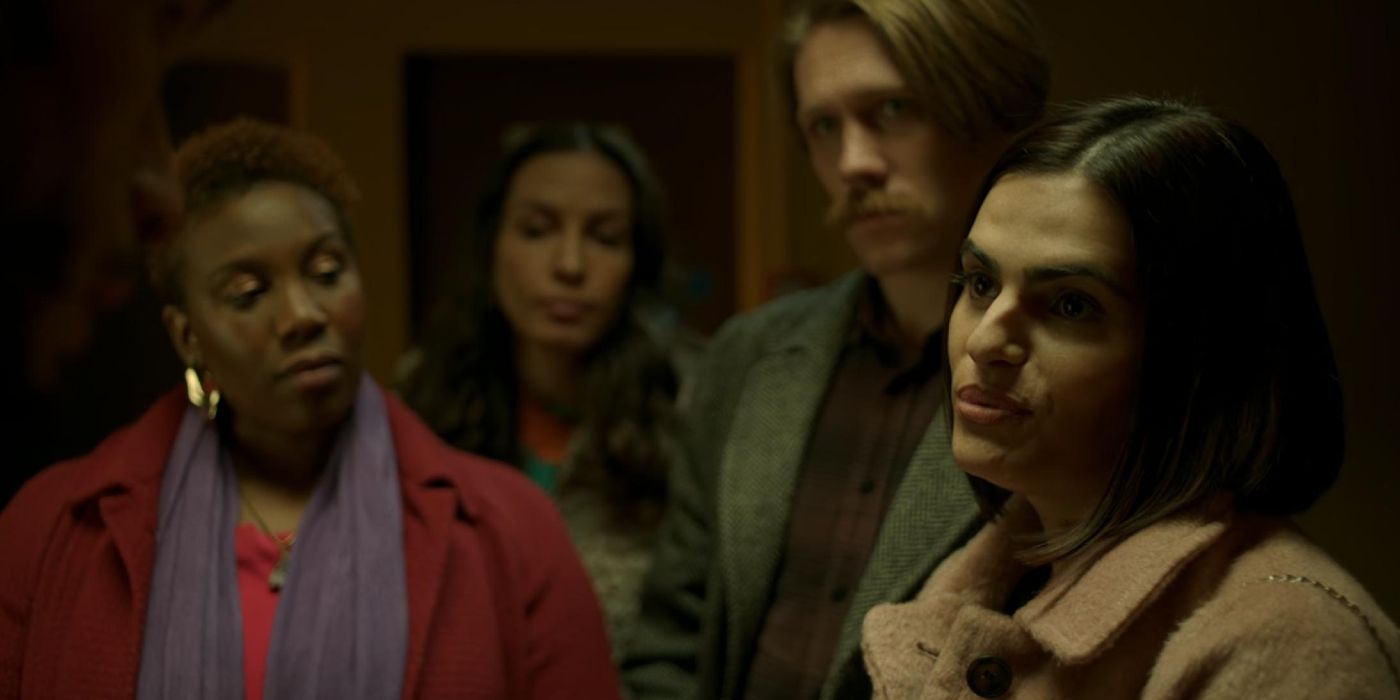
While Donny is spiraling down the rabbit hole of trying to decode Martha’s voicemail, his ex-girlfriend, Keeley, pays him a visit and sees how much of a mess he is. He even tells her that he’s given up on his comedy career, just after it’s finally taken off. Out of concern, she invites him to move back into her mother’s house, where he finds a full draft of a script titled Hangman Harry, which he’d written for Darrien, the man who had drugged, groomed, and sexually assaulted him, back in 2011.
This prompts Donny to pay Darrien a visit, perhaps in a bid to seek some form of catharsis or closure. They have a bittersweet conversation, where Donny initially apologizes for disappearing, but then Darrien addresses the elephant in the room: that he watched Donny’s viral video, and found it brave. Instead of apologizing or taking any accountability, however, Darrien offers Donny a writing job on an upcoming Cotton Mouth reboot, assuring him that it “won’t be like last time.” Instead, it will be paid, formal, and will catapult Donny’s career. Donny reluctantly accepts, and immediately breaks down after leaving.
Donny’s encounter with Darrien also signals a full-circle moment, but Donny is no longer powerless and self-loathing, nor vulnerable to exploitation. When he enters Darrien’s house, he observes different aspects of it, remembering the drug-induced abuse he faced. While there was no explicit acknowledgment of what Darrien did to Donny, this interaction definitely provided a little bit of closure to enable Donny’s journey toward healing and feeling more assertive.
What Happened To Donny’s Father & How It Reflects On Donny’s Past
Donny’s Father Was Also Sexually Abused As A Child
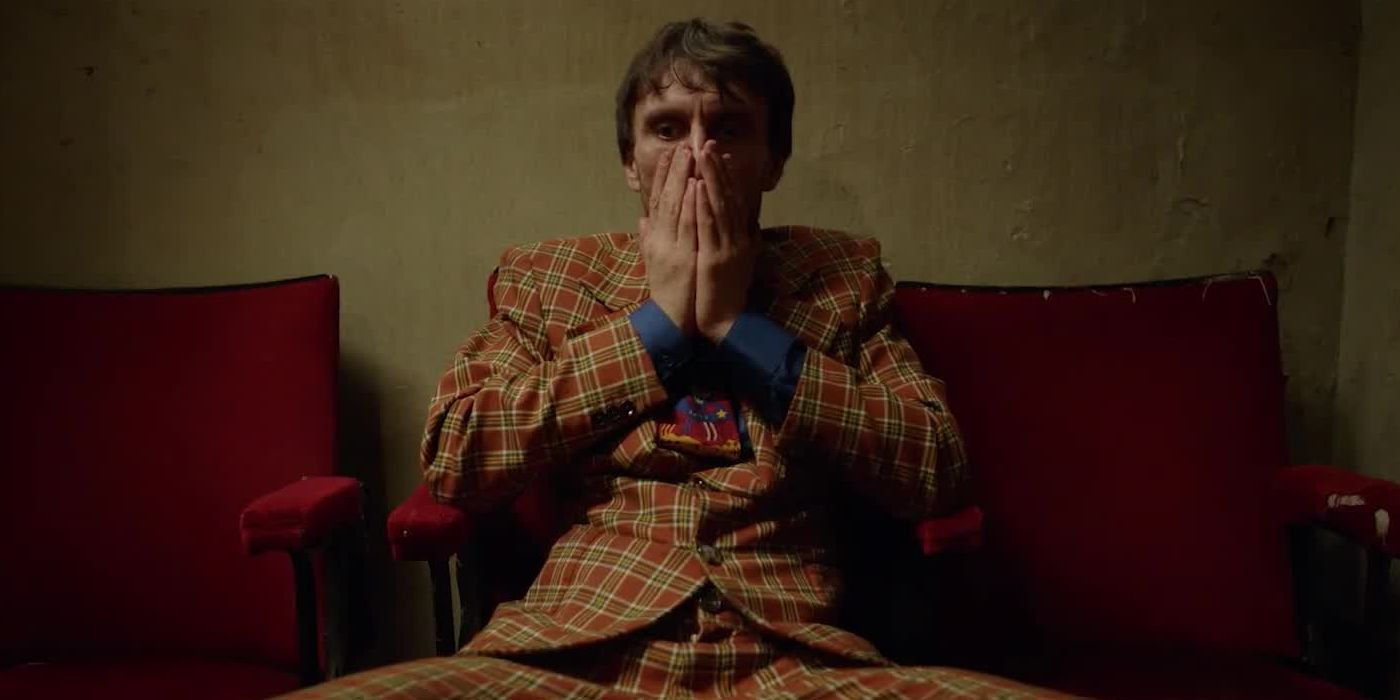
When Donny’s stand-up video goes viral and his career finally takes off, he accidentally gives Martha his number, and she calls him to threaten to reveal his sexuality and sexual assault to his parents. This forces Donny to visit his parents in Scotland, where he sits them down and tells them everything. He first comes out to them, before sharing that he was raped by a writer. While Donny worries that they will judge him and think less of him as a man, this conversation ends up being extremely healing and affirming for him.
Not only do his parents offer him empathy, but his father also shares that he, too, was sexually abused growing up. He doesn’t state this explicitly, but implies it by saying that he grew up in the Catholic Church. It takes Donny a moment to understand what his father is saying, but once it dawns on him, the family share a profound moment of intimacy. What Donny fears would be a moment of shame and judgment ends up being immensely cathartic. It makes him feel lighter, and helps him shed his deep sense of shame and self-hatred.
How Accurate Is Baby Reindeer’s Ending Compared To The True Story?
It Captures The Essence of The Resolution Between Gadd/Donny And “Martha”
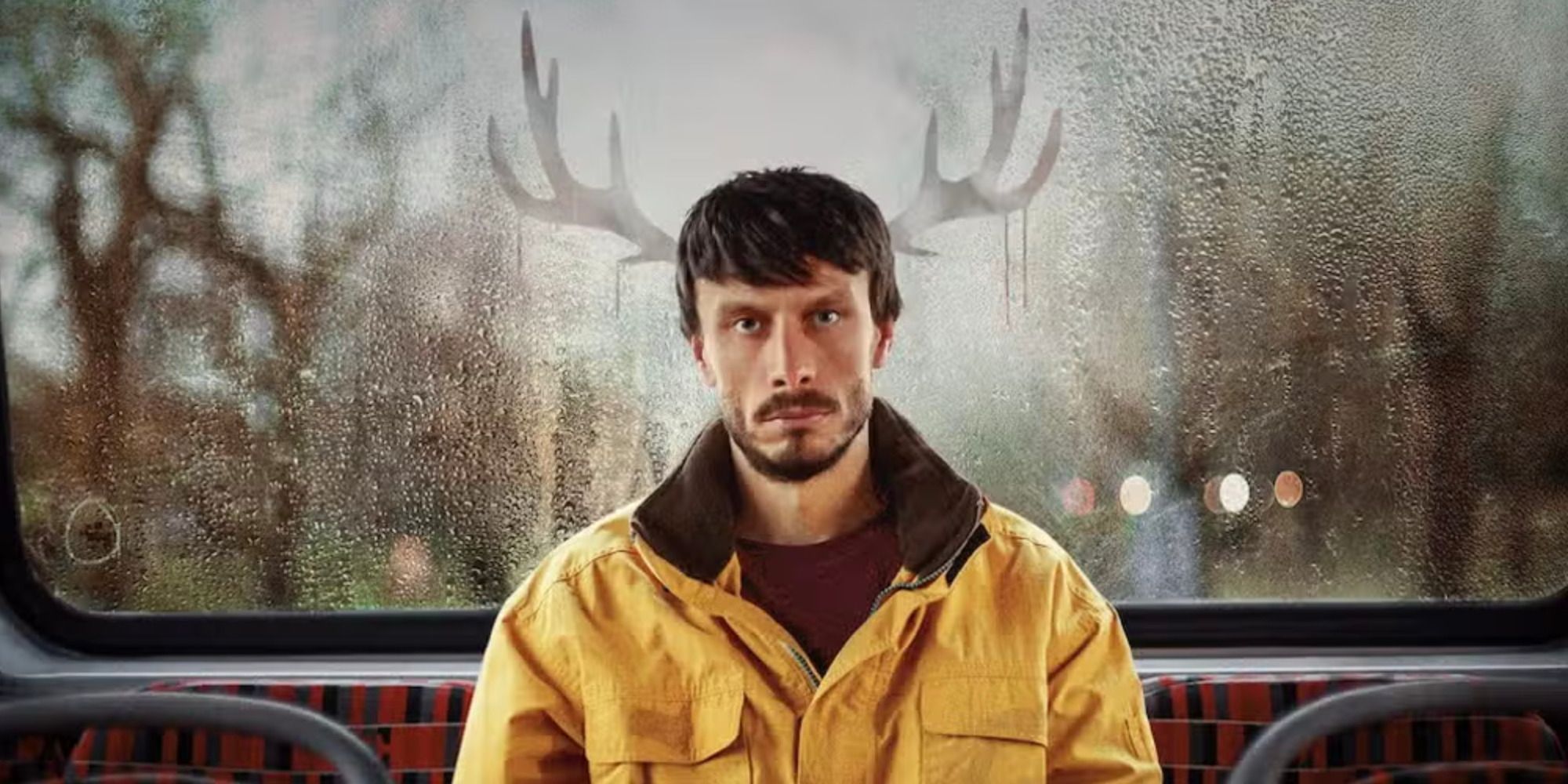
In Baby Reindeer, Martha gets arrested and charged with three counts of stalking and harassment. At her plea hearing, she pleads guilty to all the counts: the stalking and harassment of Donny and the harassment of his parents. Martha thus owns up to her crimes, she gets sentenced to 9 months in prison, and a five-year restraining order is issued against her. It is the last time Donny ever sees her. This ending captures the emotional truth of what happens in reality, though the specifics are a little different.
In the true story, Richard Gadd was reluctant to incarcerate someone struggling with such severe mental health issues. Yet even in reality, the situation has been largely resolved. About two and a half years into the stalking, Gadd managed to obtain a restraining order against the real Martha. However, Martha has continued to freely roam the streets and, until recently, persisted in harassing his family and friends. Baby Reindeer thus takes some cinematic liberties to provide more closure and a sense of justice than the true story, though it captures the essence of the resolution between Martha and Gadd.
What Baby Reindeer’s Creator Has Said About The Ending
The Ambiguous Ending Is His Favorite Part Of The Series
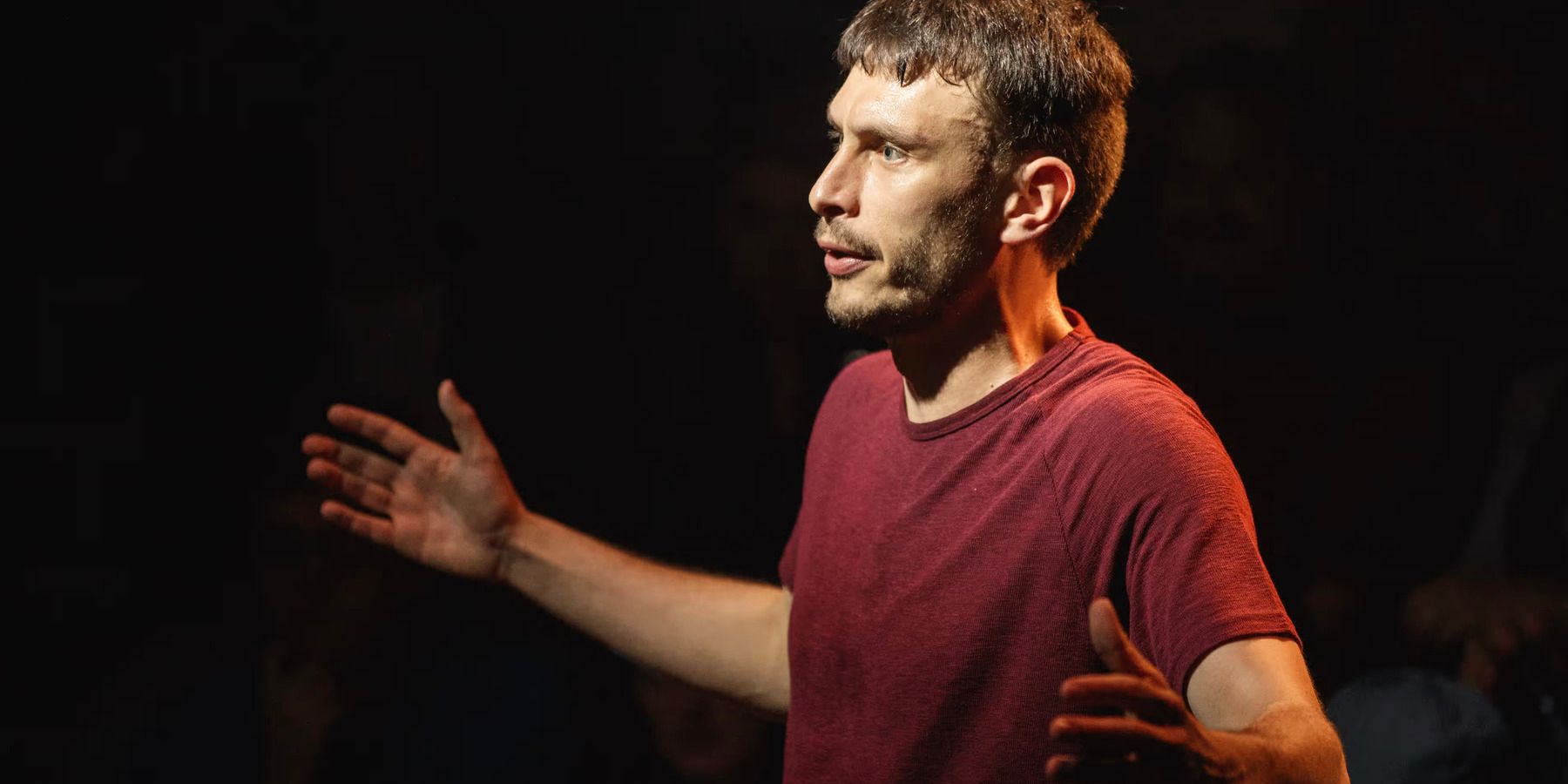
The creator, Richard Gadd, deeply appreciates the ambiguous ending of Baby Reindeer. In fact, it is his favorite aspect of the series. Hesitant to impose a specific interpretation on it, Gadd believes it can be understood in various ways and is meant to be open to multiple interpretations. Additionally, the actor Jessica Gunning, who plays Martha, revealed that the most important moment for her character was the voicemail where she shares the origins of the “Baby Reindeer” name. That captured the essence of Martha for her.
Gunning added that Baby Reindeer‘s ending does not have a clear “winner”, but it was about how the toxic dynamic left both Donny and Martha hurt and scarred in different ways. Looking beyond the moral implications of the narrative and the gender-related discussions surrounding stalking and harassment, Gadd aspires for Baby Reindeer, a deeply personal and autobiographical piece, to resonate with audiences on an emotional level. He hopes that it offers solace and catharsis to those who have encountered comparable bewildering trauma. Undoubtedly, it fulfilled that role for him.
